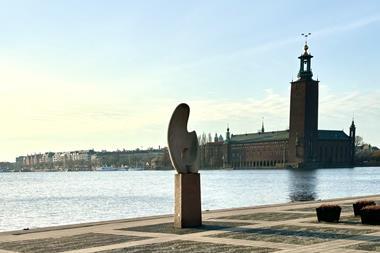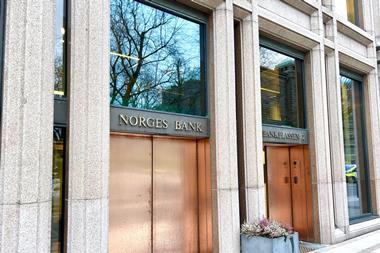A coalition of European investors, including the managers of more than €550bn in Dutch pension assets, has made an explicit commitment to use the UN Sustainable Development Goals (SDGs) as the reference framework for an increasing amount of investments.
“Mounting social and environmental challenges underline the urgency for investing into a sustainable economy whose needs are codified by the United Nations in the SDGs for 2030,” the investors said in a statement unveiled today to coincide with a major conference of the UN-backed Principles for Responsible Investment in Singapore.
“As institutional investors,” the statement continues, “it is essential to invest pension fund assets in these goals, and to do so at scale.”
This will involve the investors “striv[ing] to facilitate a steep increase in what we call Sustainable Development Investments (SDIs)”.
Swedish buffer funds AP1, AP2, AP3 and AP4 have put their names to the statement, as have Dutch asset managers APG, PGGM, Actiam, MN and Kempen.
Although a Dutch and Swedish affair for now, the intention and hope is that other institutional investors will come on board.
According to the investor statement, SDIs are investments that meet two key criteria, namely that they make a positive social and/or environmental impact and yield market-rate financial returns.
They can be found, and will be pursued, in all asset classes.
With impact at the core of the investment approach, there is a strong emphasis on the measurement thereof.
“We distinguish between investments where impact has and those where it has not been measured, and stimulate the latter to report on measurable impact,” the investor statement reads.
The SDGs, of which there are 17, have been garnering an increasing amount of attention from the responsible investment community since they were adopted in September last year.
The UN-backed Principles for Responsible Investment has been mulling including them in its principles.
The organisation’s managing director, Fiona Reynolds, is reported to have said at the Singapore conference that it would look to integrate the SDGs into its work.
A survey from responsible investment campaign organisation ShareAction earlier this year concluded that a lack of data was preventing institutional investors from incorporating the goals into their investment processes, although two-thirds of respondents said they were already taking action to contribute to at least three of them.
Each of the 17 goals comes with specific targets – 169 in total – and indicators.
PGGM, which manages the Dutch healthcare pension fund PFZW’s €179bn in assets, already has a mandate to invest at least €20bn in “solutions” by 2020.
It has chosen four key areas – climate, water, food and health – which overlap with some of the SDGs, although the mandate was designed before the UN goals were published.
APG’s main client, the €372bn Dutch civil service pension fund ABP, last year said it wanted to double the amount of assets allocated to “high-sustainability investments”, from €29bn to €58bn by 2020.
These relate to the predecessor of the SDGs, the Millennium Goals, but, according to Claudia Kruse, managing director of ESG at APG, the link was not explicit.
“What is important to note,” she said, “is that we are making an explicit commitment to the SDGs, and that we recognise them as a reference framework that can help guide us in looking at our investments.
“What distinguishes the SDIs is that they are about investing in solutions, so the products and services that companies provide and the impact or value of that is a contribution to the SDGs.
“It’s about investing in an economy and a society that your beneficiaries ultimately want to live in and benefit from.”
Piet Klop, senior adviser for responsible investment at PGGM, said that, although the themes selected under the PFZW “solutions” mandate overlapped with the SDGs, the commitment unveiled today had a broader significance.
“The essence of this is that, if you have big problems, you need big solutions,” he said. “And that means you go at it at an institutional scale, and that requires a definition, as we are proposing here.”
Despite the approach being focused on seeking opportunities to invest to bring about change, Klop said PGGM was not using the term ‘impact investment’.
This is because of what he described as an essential aspect of the new approach, namely the belief that a positive environmental and/or social impact could be achieved without conceding on financial returns.









